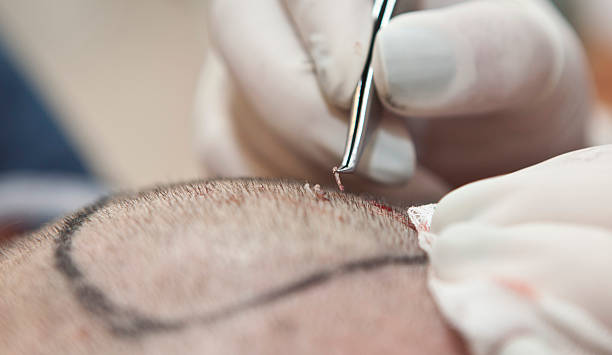Prenatal screening plays a vital role in identifying potential health concerns in unborn babies. It offers expecting parents critical information about their child’s development, allowing for informed decisions and preparations. Early detection of birth defects ensures better medical planning, emotional readiness, and access to specialized care when necessary.
Among the primary concerns addressed during routine prenatal tests are congenital anomalies التشوهات الخلقية, which refer to structural or functional abnormalities that may develop in the fetus. These can range from heart malformations and neural tube defects to genetic syndromes like Down syndrome. Detecting these conditions early on helps guide medical interventions during pregnancy or immediately after birth.
Types of Prenatal Screening
There are several types of prenatal screening available to assess the risk of congenital anomalies. These include:
-
Ultrasound Imaging: High-resolution ultrasound can visualize fetal organs and structures to detect abnormalities.
-
Blood Tests: Maternal blood tests can identify markers associated with chromosomal disorders or neural tube defects.
-
Non-Invasive Prenatal Testing (NIPT): A newer form of blood testing that analyzes fetal DNA in the mother’s blood to check for genetic conditions.
-
Amniocentesis and Chorionic Villus Sampling (CVS): These diagnostic tests provide more definitive results but are more invasive.
Each test has its purpose and is typically offered based on risk factors such as maternal age, family history, or previous pregnancies affected by anomalies.
Benefits of Early Detection
Detecting congenital anomalies early in pregnancy offers numerous advantages. First, it gives healthcare providers time to develop a birth plan that ensures proper care. Some conditions may require immediate surgery or neonatal intensive care after delivery. In rare but severe cases, early diagnosis allows for in utero interventions that could improve outcomes.
For parents, early screening offers time to process the diagnosis, seek genetic counseling, and understand their child’s condition. This period of preparation helps in making choices about treatment, delivery options, or even continuation of pregnancy, depending on the severity of the anomaly.
Psychological and Emotional Support
Learning that a fetus has a congenital anomaly can be emotionally overwhelming. Parents may experience anxiety, fear, and grief. Support systems such as counseling services, online communities, and specialized prenatal care centers are essential for emotional stability.
Healthcare providers play a crucial role in delivering sensitive and clear communication about the diagnosis, treatment options, and expected outcomes. Empowering parents with knowledge helps ease anxiety and prepares them mentally for the journey ahead.
Ethical Considerations
Prenatal screening and diagnosis raise important ethical questions. The choice of whether to continue a pregnancy after learning about a severe congenital anomaly is deeply personal and often difficult. Medical professionals must provide non-directive counseling and respect the autonomy and values of expecting parents.
Societal awareness and support are also crucial in reducing stigma and promoting informed decision-making.
Advancements in Prenatal Technology
With rapid advancements in medical imaging and genetic testing, the detection of congenital anomalies is more accurate than ever. 3D and 4D ultrasounds, for example, allow for detailed visualization of fetal structures. NIPT provides reliable risk assessments without the risks associated with invasive procedures.
Ongoing research continues to improve the safety, accuracy, and accessibility of prenatal testing, making it a powerful tool in modern obstetric care.
Preventive Measures
While not all congenital anomalies are preventable, certain steps can reduce the risk:
-
Taking folic acid supplements before and during early pregnancy helps prevent neural tube defects.
-
Avoiding harmful substances such as alcohol, tobacco, and certain medications during pregnancy.
-
Managing chronic conditions like diabetes and hypertension under medical supervision.
A proactive approach to maternal health improves the chances of a healthy pregnancy and reduces the likelihood of congenital anomalies.
Conclusion
Prenatal screening is an essential part of modern prenatal care. It allows for the early detection of congenital anomalies, equipping families and healthcare providers with the knowledge and resources needed to manage these conditions. As medical science continues to evolve, so too does our ability to provide better outcomes for babies and families facing these challenges.








0 Comments